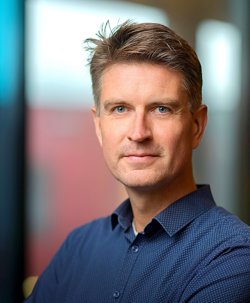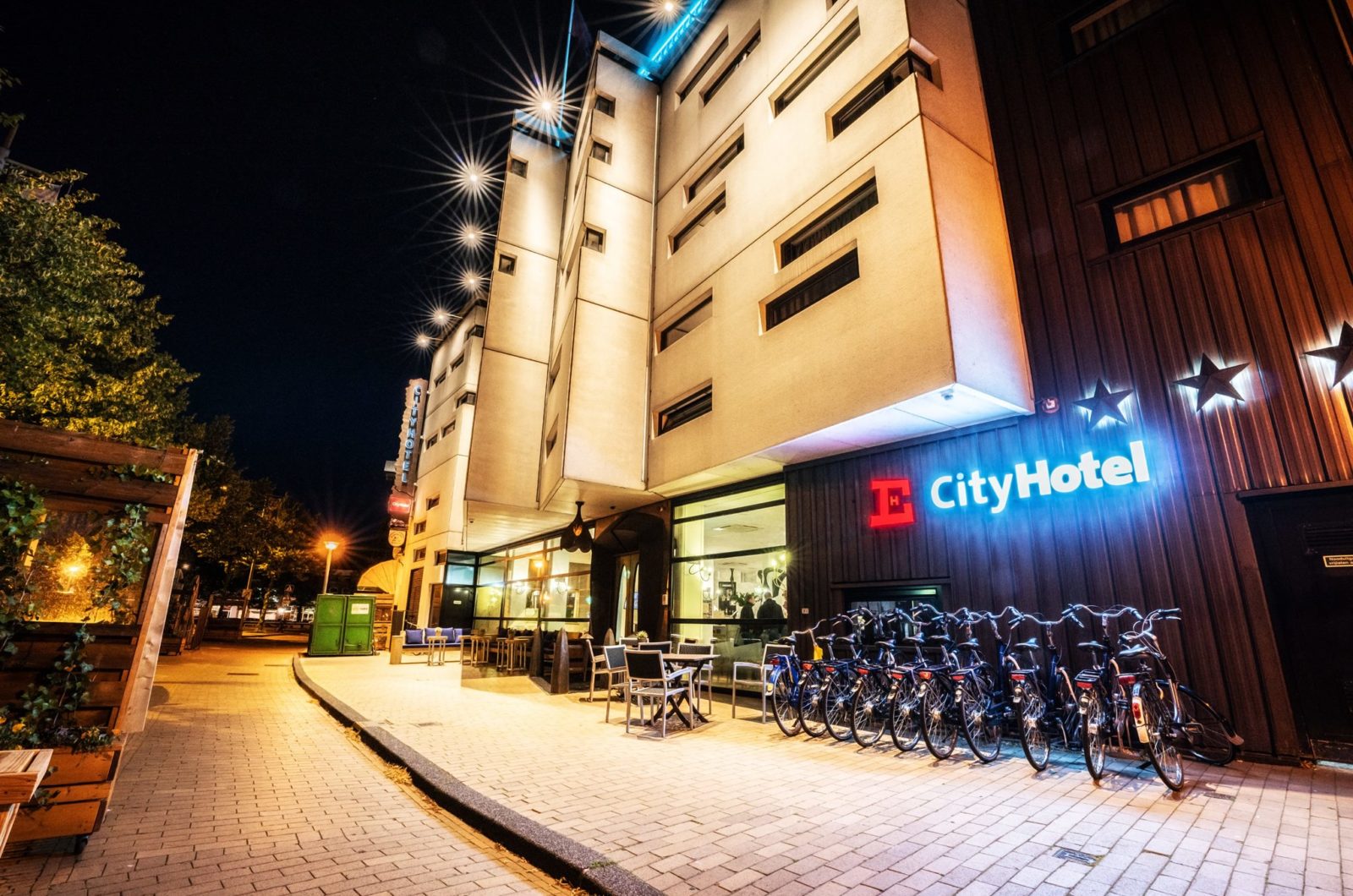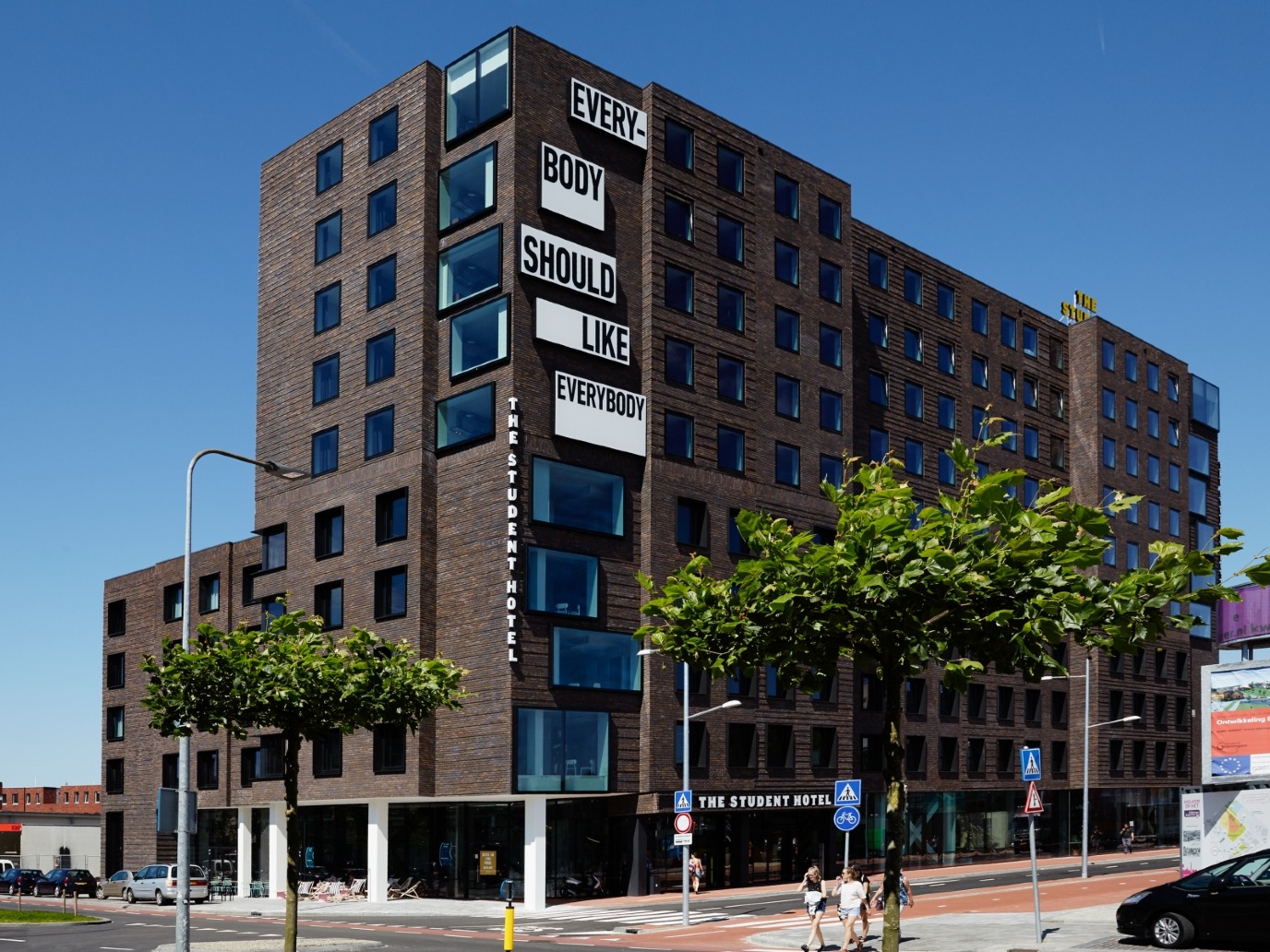Post-Event Page: Brainspiration 2024
Brainspiration is an international meeting on brain-inspired concepts, systems and materials for information processing.
At the 2024 edition there were inspiring talks, poster sessions and discussions, aimed at the central mission: to rethink computing.

Brainspiration 2024 took place in the Netherlands; the first edition was in Enschede and the second edition was in Groningen. CogniGron was in charge of the local organisation.
The 2024 edition covered recent progress and future perspectives on brain-inspired concepts and materials for information processing and sensing, including:
-
Intelligent matter for information processing and sensing
-
Information processing in natural and complex systems
-
Theoretical concepts of computing in non-digital, physical substrates
-
Analog in-memory computing
-
Neuromorphic and brain-inspired devices, circuits and architectures
-
Bio-inspired algorithms
The meeting was highly interdisciplinary as we aimed at bringing together researchers from physics, chemistry, electrical engineering, machine learning, computer engineering, nonlinear dynamics, mathematics etc.

Programme
Pre-conference: Tuesday 15 October
All participants are welcome to join the pre-conference reception.
|
19:30–21:00
|
Opening reception at Forum Groningen & registration
|
*Slight changes in the programme may still be made.
Day 1: Wednesday 16 October
|
08:30–09:15
|
Walk-in & registration
|
|
09:15–10:30
|
Opening & session 1
|
|
10:30–11:00
|
Break
|
|
11:00–12:30
|
Session 2
|
|
12:30-12:35
|
Conference photo
|
|
12:35–14:00
|
Lunch & poster presentations
|
|
14:00–15:30
|
Session 3
|
|
15:30–16:00
|
Break
|
|
16:00–16:45
|
Session 4
|
|
16:45–18:30
|
Networking time (Organising Committee meet)
|
|
18:30-21:00
|
Conference dinner
|
Day 2: Thursday 17 October
|
08:30–09:00
|
Walk-in day 2
(Note: programme starts 15 min. earlier than yesterday) |
|
09:00–10:30
|
Welcome & session 5
|
|
10:30–11:00
|
Break
|
|
11:00–12:30
|
Session 6
|
|
12:30–13:30
|
Lunch & poster presentations
|
|
13:30–16:00
|
Session 7
|
Registration information
Registration fee
Early bird: €249 (till 30 June)
Full price €299 (from 1 July)
The registration fee includes lunches and breaks on Wednesday and Thursday and dinner on Wednesday evening.
Payment methods
You can pay via iDeal, creditcard or request an invoice.
Venue and transportation
Brainspiration will be held at Forum Groningen (Nieuwe Markt 1, 9712 KN Groningen).
The Forum is just a 20 minute walk from the Groningen Central Station. You can borrow an OV-fiets (public transport bike) if you want to get there faster. Rather take the bus? Bus times are available via 9292.nl.
Plan your route via Google Maps
Underground bicycle parking
Nieuwe Markt, accessible via Popkenstraat
Underground car parking
Schoolstraat 16
9712 JS Groningen
Accommodation
Book your room at a discount price
For those who need to stay a night (or more) in Groningen, we have made arrangements with the City Hotel and The Social Hub Groningen. You can use the discount codes below when booking a room at either of these hotels.
City Hotel: Please use this booking link to access the discount code (BRAINSP24) and to make your booking, or find more information in this factsheet.
The Social Hub: Please make your booking via the website and use the discount code FGRO24.
(Please note: these discount codes are intended for visitors of the conference; this will be checked after the booking has been confirmed).
Organising committee

Local chair
Beatriz Noheda is full professor at the University of Groningen, where she chairs the Solid State Materials for Electronics group. Since 2017, she is also the founding director of the Groningen Cognitive Systems and Materials Center (CogniGron). Her team develops materials for future electronics, with focus on ferroelectric, piezoelectric and memristive oxides. This includes new hardware for ultra-efficient, brain-inspired, computer architectures, as well as design of emerging properties in materials at the proximity of phase transitions.

Co-chair (Chair of previous edition)
Wilfred G. van der Wiel is a full professor of Nanoelectronics and the co-director of the BRAINS Center for Brain-Inspired Nano Systems at the University of Twente. He holds a second professorship at the Institute of Physics of the Westfälische Wilhelms Universität Münster, Germany. His research focuses on unconventional electronics for efficient information processing and materials learning at the nanoscale: realising computational functionality and artificial intelligence in designless nanomaterial substrates through principles analogous to machine learning.
Co-organisers

Yoeri van de Burgt is a professor at the Technical University of Eindhoven, where he leads the Neuromorphic Engineering group . He has also been a visiting professor at the University of Cambridge. His research focuses on developing organic n euromorphic devices that are based on novel organic mixed-ionic electronic materials that allow for implementation in trainable biosensors and smart autonomous robotics, as building blocks for next generation low-energy computing and adaptive biointerfaces.

Alexander Ako Khajetoorians is a full professor and head of the Scanning Probe Microscopy department at the Institute for Molecules and Materials (Radboud University in Nijmegen). His research focuses on characterising and manipulating the electronic and magnetic properties of quantum materials at the scale of a single atom. He has developed a bottom-up platform to create stochastic attractor networks from individual atoms. His recent efforts are dedicated toward understanding and ultimately utilising the novel properties of new materials for energy-efficient information technology and sensing.

Martin van Hecke is a professor at the University of Leiden and group leader at the Information in Matter department of the AMOLF Institute, in Amsterdam. He has worked on a broad range of topics in soft matter, including pattern formation and chaos, granular media, foams, rheology and jamming, combining experiments, simulations and theory. Recently he has refocused his research towards mechanical metamaterials, from patterned elastic media to origami. His main current fascination is the inverse problem: to design and make simple materials for which desired complex behavior emerges.

Marjolein Dijkstra is a professor at the Debye Institute for NAnomaterials of the University of Utrecht, where she leads the Computer Simulation group. Her research interests are theory and simulations of soft condensed matter systems, including structure, bulk, interfacial and wetting behaviour of colloidal (nanoparticle) suspensions, crystal structure prediction, nucleation, glasses, and gels, effective interactions. Her group aims to develop design rules for soft materials and machines that can autonomously assemble, sense, respond, and reconfigure.
Why you should join:
-
State-of-the art research and internationally renowned experts in one place
-
Get to know the Dutch community in the emergent field of brain-inspired computing
-
Highly interdisciplinary conference, bringing together researchers from various fields (chemistry, physics, engineering etc.)
-
Focus on thought-provoking discussions among peers
-
Plenty of network opportunities in an excellent location: the new Forum building in the centre of Groningen, at a walking distance of the station, hotels, restaurants and monuments.
| Last modified: | 24 January 2025 2.50 p.m. |




